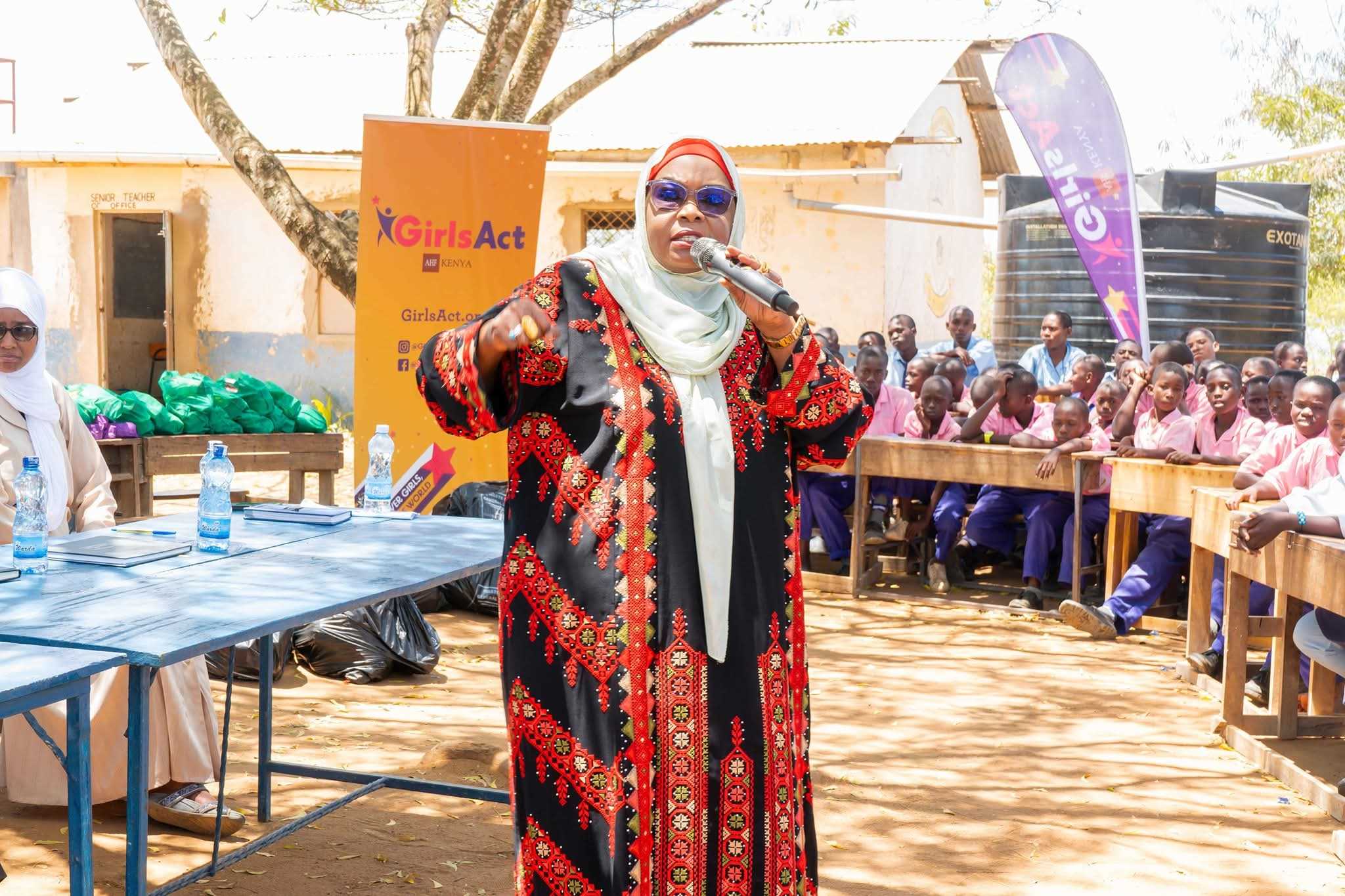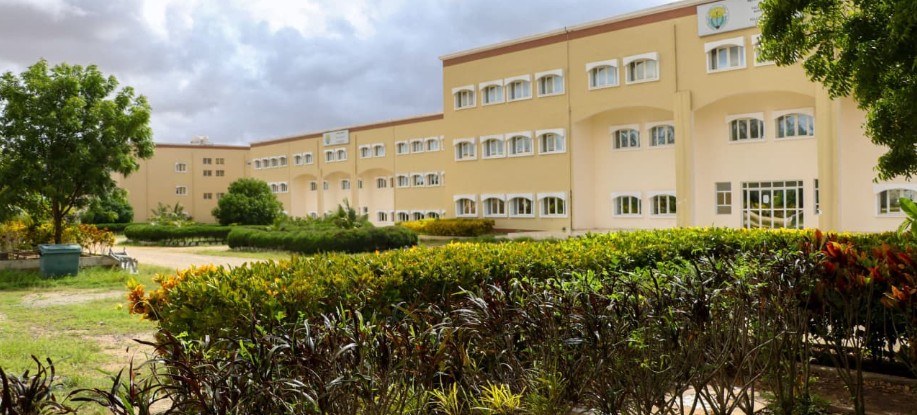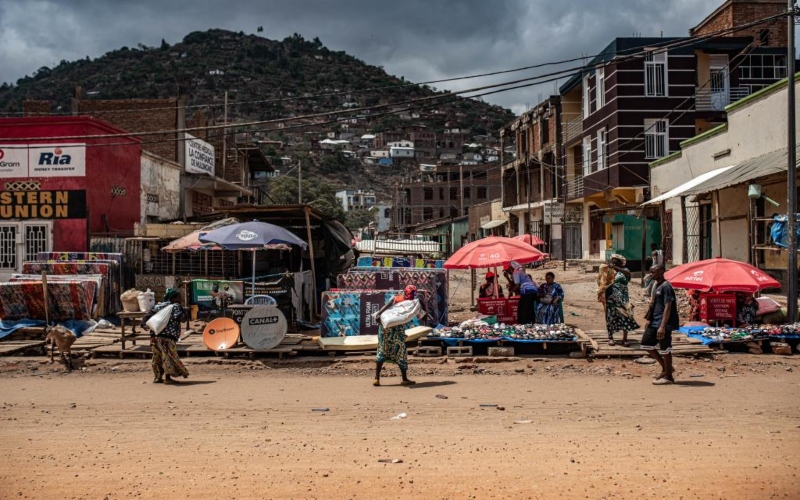Mombasa Woman Rep calls for tougher laws amid surge in gender-based violence

Zamzam described the situation as a national crisis demanding immediate legislative intervention.
Mombasa County Woman Representative Zamzam Mohammed has urged the government to impose tougher legal measures against those found guilty of gender-based violence (GBV), as the country grapples with a disturbing rise in sexual assaults and killings of young women.
Addressing participants during a community outreach event hosted by the AIDS Healthcare Foundation Kenya (AHF Kenya), Zamzam described the situation as a national crisis demanding immediate legislative intervention.
More To Read
- Dadaab court orders exhumation of refugee girl's body for repeat autopsy in murder probe
- Women MPs demand swift justice after brutal attack on woman in Meru circumcision procession
- Violence against women and children is deeply connected. Three ways to break the patterns
- Women MPs call for abolition of death penalty for female offenders, citing gender inequities
- Over 31,000 SGBV cases filed in Kenyan courts in 2024/25, report reveals
- Senate urges swift action on Kenyans stranded in Russia, gender violence, mental health, and illegal construction
She called on Members of Parliament to fast-track the Sexual Offences Bill, which seeks to strengthen penalties and tighten enforcement mechanisms against GBV offenders.
“The reality is horrifying; we have seen children as young as two years defiled, and young women invited to guest houses only to end up dead. We cannot continue watching this trend. The law must speak loudly and clearly. If severe punishment will protect our children, then it is justified,” she said.
The legislator lamented that gender-based crimes had not only become frequent but were now being normalised in some communities, warning that complacency was allowing predators to thrive.
“Even in Mombasa, we have seen disturbing cases where coaches and mentors have been accused of preying on young boys. We must put an end to this impunity once and for all,” she remarked.
Zamzam further commended President William Ruto for setting aside funds to strengthen awareness programmes at the grassroots level, saying the initiative would help survivors understand their rights, report incidents promptly, and preserve vital evidence for prosecution.
“This campaign must reach every corner of the country. Survivors need to know where to turn, how to seek help, and that the law is on their side,” she said.
Dr Samuel Kinyanjui, Executive Secretary of AHF Kenya, echoed the legislator’s remarks, describing GBV as both a human rights and public health emergency.
He warned that the physical and emotional toll of such violence often lingers for years, making prevention and justice equally important.
“Gender-based violence leaves invisible scars, trauma that may never fade. This isn’t merely a legal problem; it is a threat to our collective well-being. Strengthening laws and community systems is the only way to stop the cycle,” he said.
He praised Zamzam for her unwavering advocacy, emphasising that partnerships between government institutions, civil society, and community networks are key to reducing GBV incidents nationwide.
Both leaders agreed that unless urgent measures are enforced, Kenya risks losing an entire generation of young people to violence, fear, and silence.
Top Stories Today














































